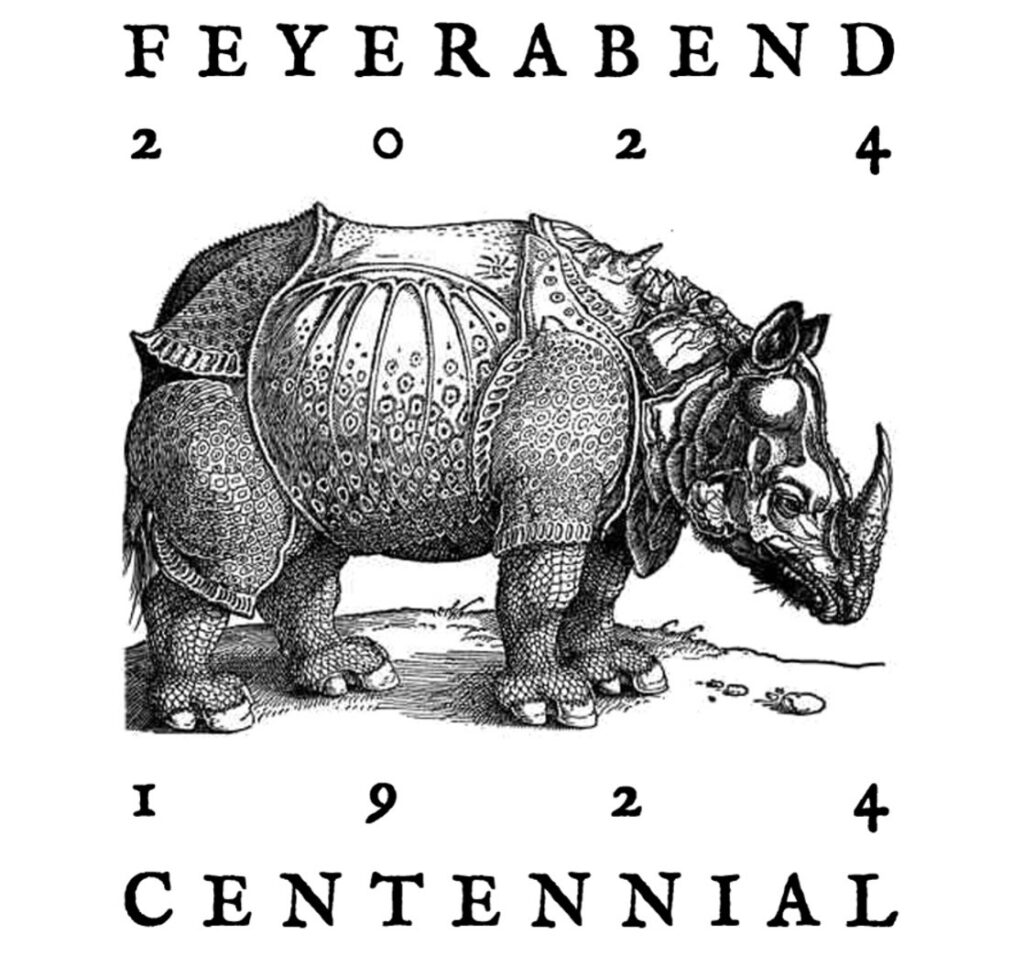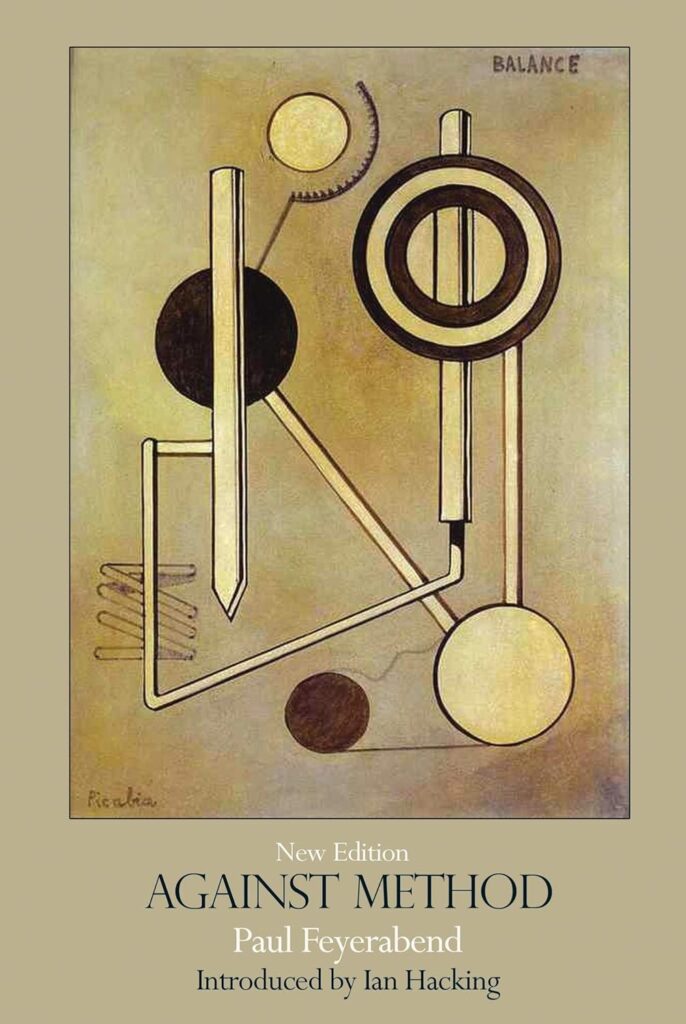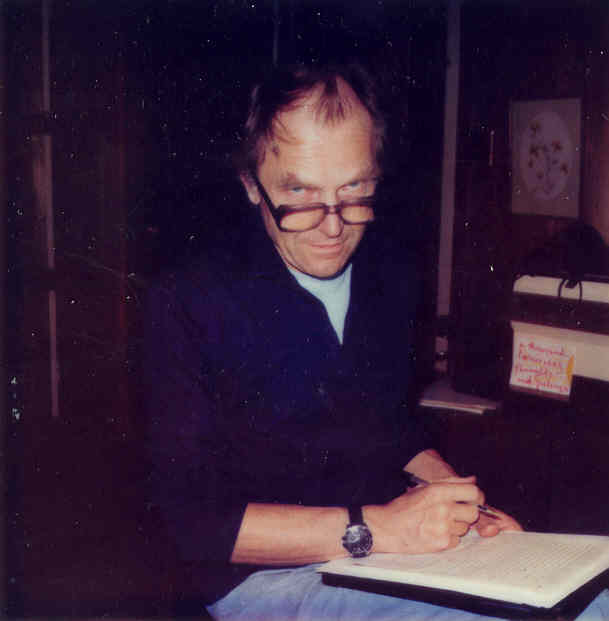 Exploring Paul Feyerabend’s legacy for the reconstruction of the High Atlas region
Exploring Paul Feyerabend’s legacy for the reconstruction of the High Atlas region
Thursday February 15th, 2024
The Chair of Complexities ∞ Humanities organized a side event during the UM6P Science Week 2024, to commemorate the centennial anniversary of Paul Feyerabend’s birth. The event explored Feyerabend’s legacy and its potential for the reconstruction of the High Atlas region.
This conference aimed to:
- Revisit and celebrate Feyerabend’s contributions to the philosophy of science, particularly his ideas on epistemological anarchy, intellectual freedom, and the importance of diverse approaches to knowledge.
- Explore how Feyerabend’s work remains relevant in contemporary discussions about scientific methodology, pluralism, and the role of “method” in scientific progress.
- Shift the focus from the abstract “cult of truth” to values such as tolerance, empathy, and solidarity in human communities.
- Connect Feyerabend’s ideas with the rich non-scientific approaches to knowledge found among various traditional cultures and autochthonous societies, particularly the Amazigh of the High Atlas region.
- Highlight the importance of bio-cultural diversity, human rights, and environmental consciousness in building a more just and sustainable world.
PROGRAM
Morning session: The Legacy of Paul Feyerabend’s Philosophy of Science
This morning session will introduce Paul Feyerabend’s work, its specificities, and its relevance to our current discussions in the philosophy of sciences and approaches to knowledge in a globalized and multicultural world.
09:00-09:15
OPENING REMARKS
Reda Benkirane, Professor ABS, Chair of Complexities∞Humanities, UM6P
Virginia Chaitin, Epistemologist, Resident at the Insitute for Advanced Studies, UM6P
09:15 — 10:00
SCIENCE AND REALITY IN PAUL K. FEYERABEND
Emmanuel Malolo Dissaké, Historian and Philosopher of Science and Techniques, University of Douala, Cameroon
10:00 — 10:30
FEYERABEND AND THE POLITICS OF EPISTEMOLOGY IN AFRICA: DECOLONIZATION AGENDA IN PERSPECTIVE
Kenneth Uyi Abudu, Lecturer in African Epistemology, Ambrose Alli University, Ekpoma, Nigeria
10:30 — 11:00
FUNARCHISM: FEYERABEND’S CRITICAL HEDONISM
Matteo Collodel, Philosopher of Science, Ca’ Foscari University of Venice, Italy
11:15 — 11:45
THE CURRENT RELEVANCE OF FEYERABEND’S PLURALISM
Karim Bschir, Philosopher of Science, University St. Gallen, Switzerland
11:45 – 12:30
ROUNDTABLE: FEYERABENDIAN PHILOSOPHY AND THE FUTURE OF AFRICAN HUMANITIES
Discussant : Ali Benmakhlouf, Professor of Philosophy, Director of the Center for African Studies, UM6P
Afternoon Session: Endogenous Approaches to Knowledge: the High Atlas culture as a case-study
This afternoon session will focus on non-western and/or traditional perspectives and approaches to knowledge, as promoted by the Feyerabend Foundation in numerous regions of the world. We will consider in particular, the case of the High Atlas societies, in the context of the massive, post-earthquake, reconstruction effort.
14:00-14:45
HIGHLIGHTING INDIGENOUS KNOWLEDGE: A FEYERABENDIAN LEGACY
Virginia Chaitin, Epistemologist, IAS, UM6P
PRESENTATION OF THE P.K FEYERABEND FOUNDATION
Grazia Borrini-Feyerabend, President of the P.K.Feyerabend Foundation, Switzerland (online)
14:45-15:10
INDIGENOUS KNOWLEDGE AND ADAPTATION IN THE HIGH ATLAS REGION
Abderrahim Ouarghidi, Anthropologist, Penn State University, USA
15:10 – 15:45
INTRODUCTION OF THE COMMUNITY MEMBERS FROM THE HIGH ATLAS
Exploration of various aspects of the communities’ needs
Hamid Ait Baskad, President of the Cooperative Asmoun Imgdal, Village of Ighrem, Commune Imegdal, El Haouz ; Abdelaziz Ait Ouakrim, President of the Cooperative Taouloulte, Village of Annamer, Commune of Imegdal, El Haouz ; Mohamed Errehimi, Farmer and indigenous to the Messfouia tribe, Ait Inzal, Commune of Tighdouine, El Haouz ; Zakia Majdouli, president of the DouTmaquite Aghbalou cooperative, Ourika Valley; Ibrahim Id Idar, Member of the Association Ajdigue Ait Ougumed, Village of Amsslane, Commune of Imegdal, El Haouz ; Abdellah Ait Ouahmane, President of the Association Jil Najjah Ait Hssaine, Village of Ait Hssaine, Amizmiz, El Haouz.
-
- Soil fertility and livestock
- Water governance and agriculture
- Housing and Traditional architecture
- Culture and Spirituality
- Language and knowledge diversity
16:15 – 17:30
DISCUSSION WITH FIELD EXPERTS & UM6P TEACHERS
Hassan Radoine, Director of SAP+D, UM6P; Selma Zerhouni, Architect, SAP+D, UM6P ; Sarah Alami, Anthropologist, SCI, UM6P; ; Oussama Moukmir, Contractor, Association Labina ; Asmaa Maaroufi, PhD student, SCI, UM6P ; Yassin El Ouardi, Structural engineer, Miyamoto International.
UM6P Science Week on Transitions:
The centennial celebration is part of UM6P’s Science Week, which focuses on the broader theme of “Transitions.” Feyerabend’s work resonates with this theme as his seminal book “Against Method” is key to the transition from a philosophy of science that mostly discusses the rules of scientific method to challenging the existence and even desirability of such a method in scientific practice. This defining shift of perspective in the philosophy of science debate affected the traditional notion of science as the privileged form of knowledge, leading to an epistemological reassessment of knowledge, transitioning to one that offers new perspectives on how different forms of knowledge coexist in the modern world and why they should also be taken into account. By connecting the centennial conference to the Science Week, we aim to enhance interdisciplinary dialogue and promote a holistic understanding of transitions in knowledge, culture, and society.
“Transitions.” Feyerabend’s work resonates with this theme as his seminal book “Against Method” is key to the transition from a philosophy of science that mostly discusses the rules of scientific method to challenging the existence and even desirability of such a method in scientific practice. This defining shift of perspective in the philosophy of science debate affected the traditional notion of science as the privileged form of knowledge, leading to an epistemological reassessment of knowledge, transitioning to one that offers new perspectives on how different forms of knowledge coexist in the modern world and why they should also be taken into account. By connecting the centennial conference to the Science Week, we aim to enhance interdisciplinary dialogue and promote a holistic understanding of transitions in knowledge, culture, and society.
 Paul Feyerabend (b.1924, d.1994), having studied science at the University of Vienna, moved into philosophy for his doctoral thesis, made a name for himself both as an expositor and (later) as a critic of Karl Popper’s “critical rationalism”, and went on to become one of the twentieth century’s most famous philosophers of science. An imaginative maverick, he became a critic of philosophy of science itself, particularly of “rationalist” attempts to lay down or discover rules of scientific method. (Stanford Encyclopedia of Philosophy https://plato.stanford.edu/entries/feyerabend/)
Paul Feyerabend (b.1924, d.1994), having studied science at the University of Vienna, moved into philosophy for his doctoral thesis, made a name for himself both as an expositor and (later) as a critic of Karl Popper’s “critical rationalism”, and went on to become one of the twentieth century’s most famous philosophers of science. An imaginative maverick, he became a critic of philosophy of science itself, particularly of “rationalist” attempts to lay down or discover rules of scientific method. (Stanford Encyclopedia of Philosophy https://plato.stanford.edu/entries/feyerabend/)
The P. Feyerabend Centennial
The P. Feyerabend centennial provides an opportunity to reflect on the legacy of a thinker who championed freedom, diversity, and a critical perspective in the philosophy of science. Feyerabend’s work continues to inspire scholars and thinkers across disciplines.
The Paul K. Feyerabend Foundation
The Paul K. Feyerabend Foundation promotes the empowerment and well-being of disadvantaged human communities. By strengthening intra and inter-community solidarity the Foundation strives to improve local capacities, promote the respect of human rights, and sustain cultural and biological diversity.
